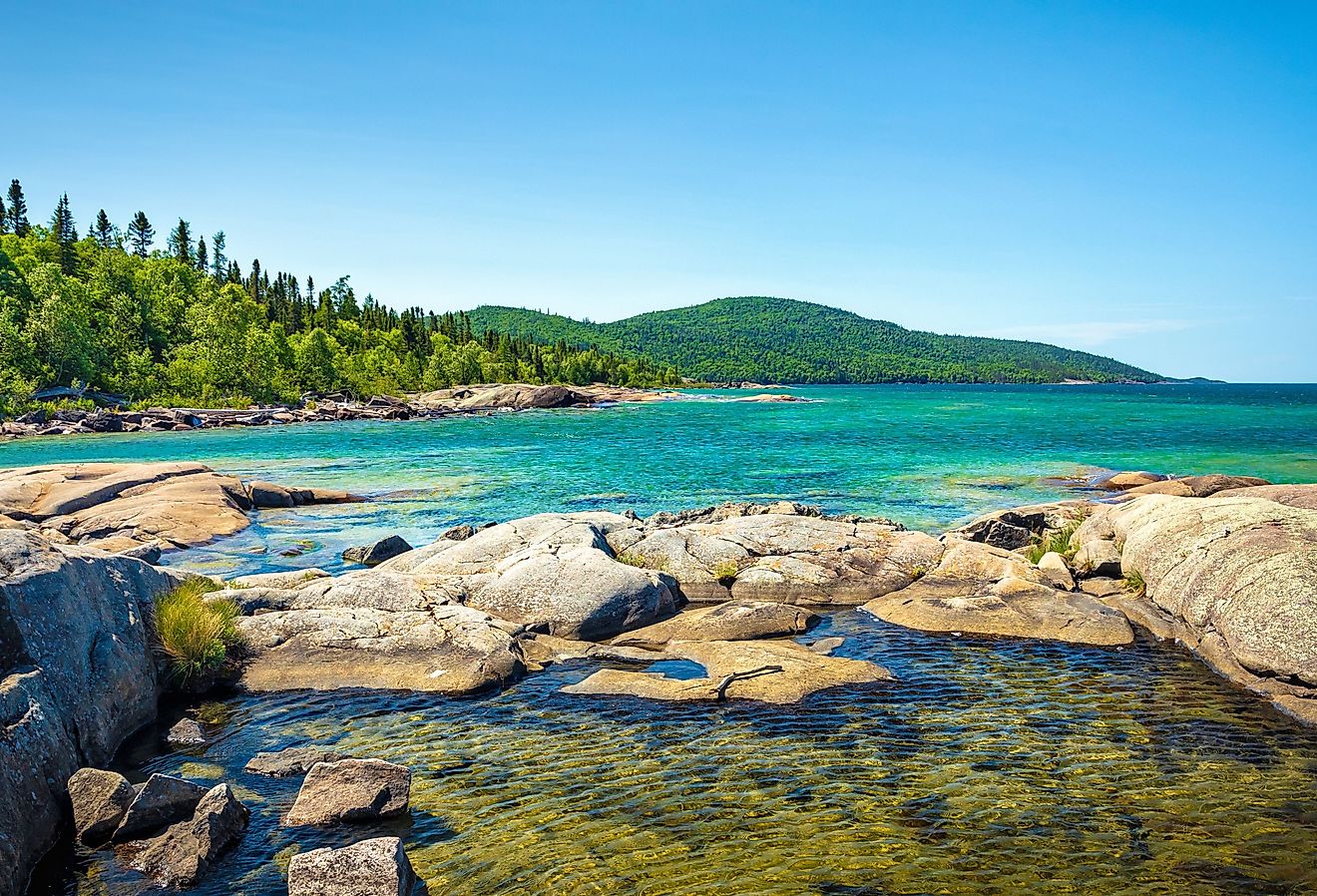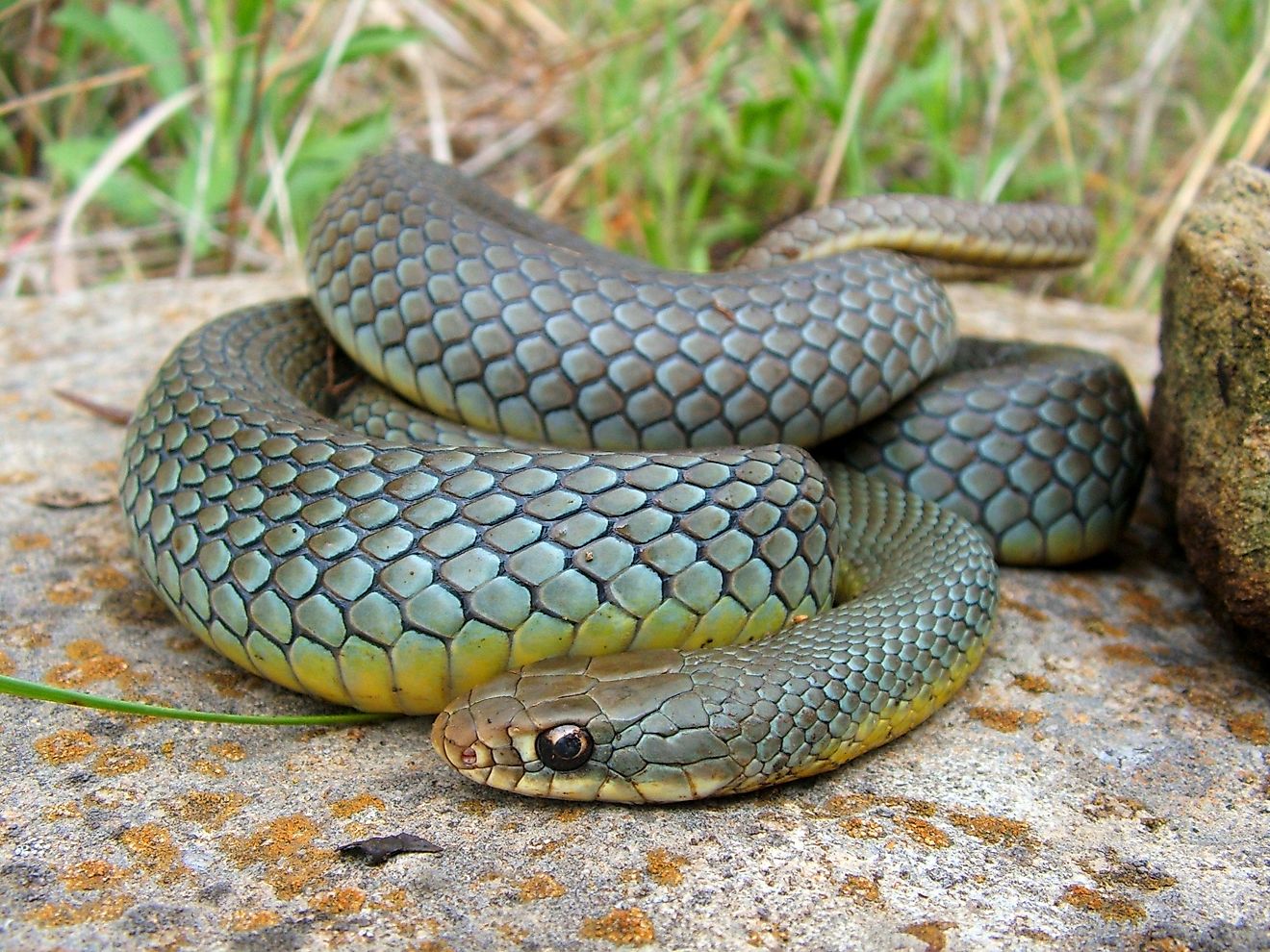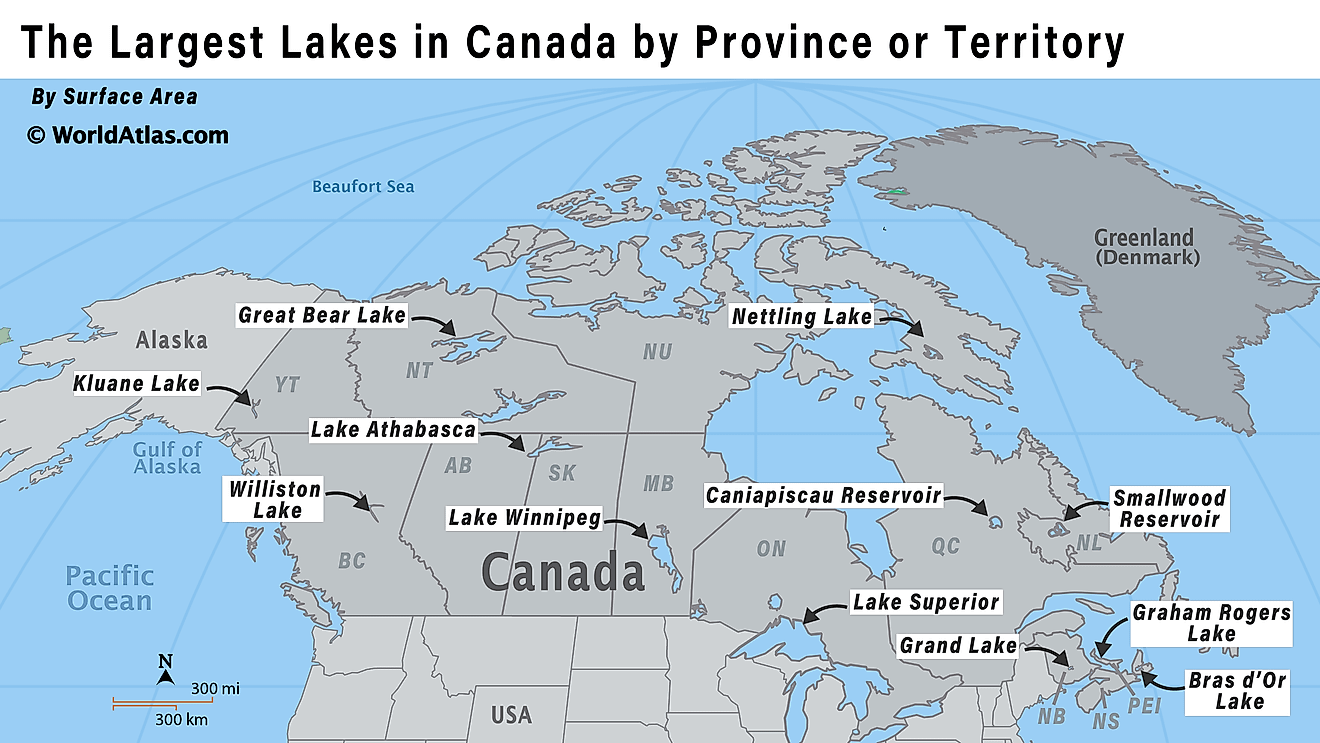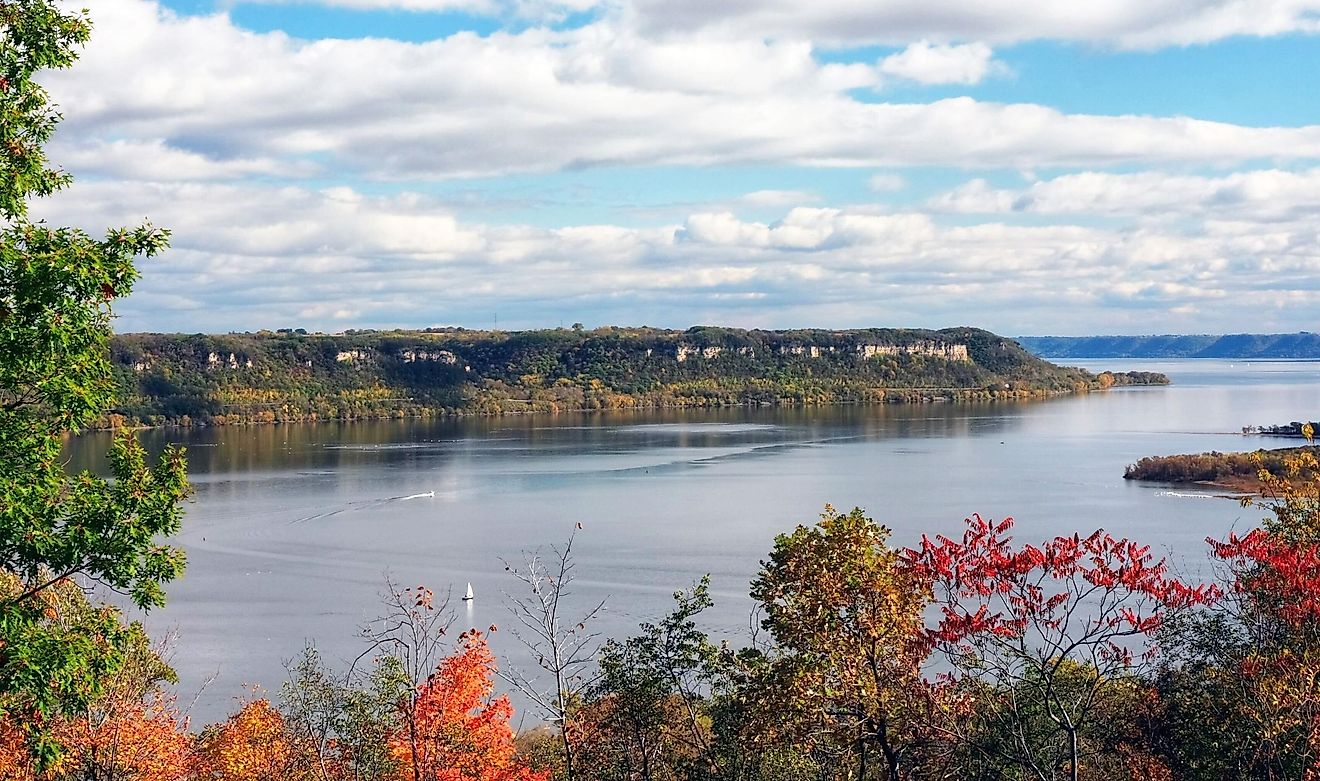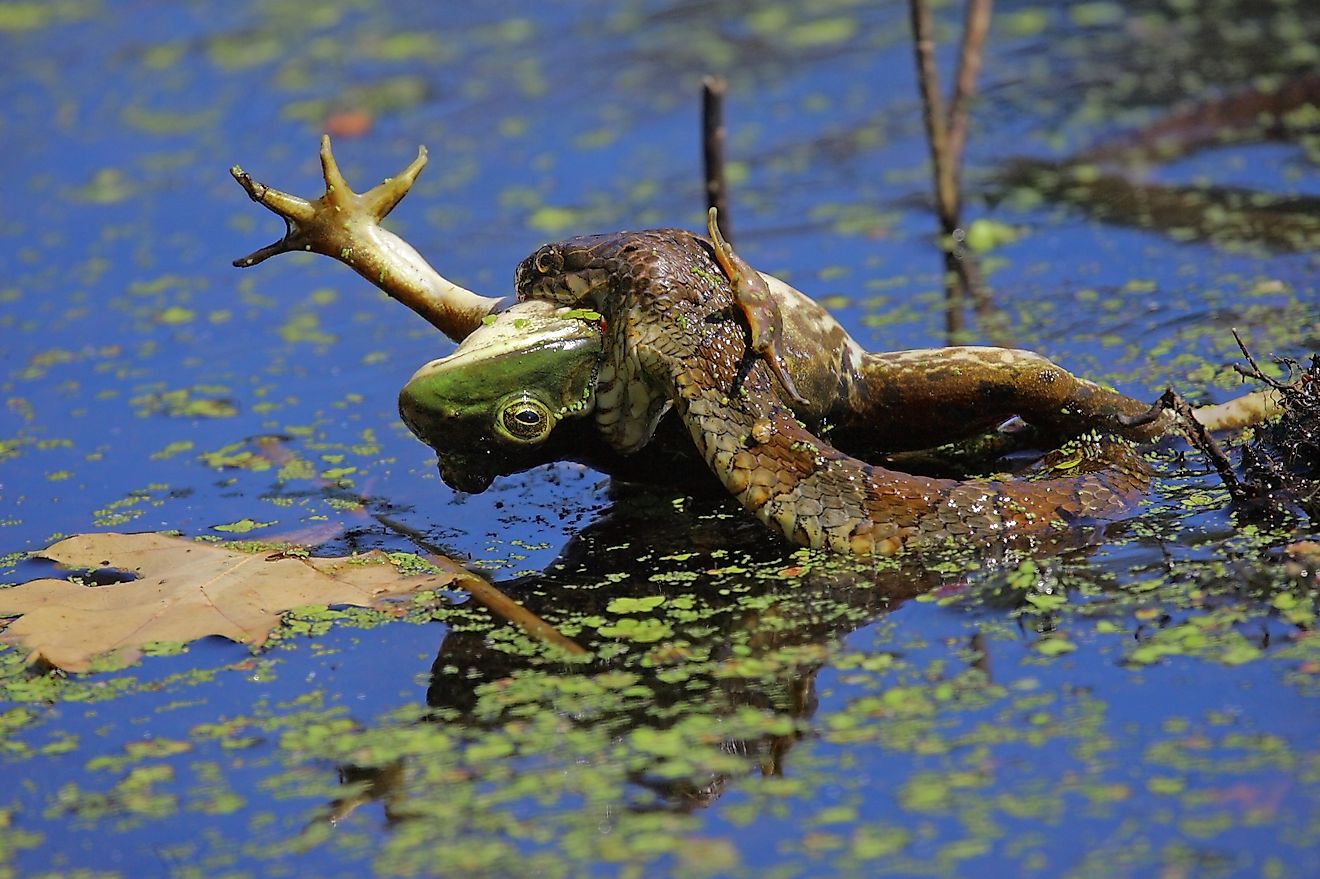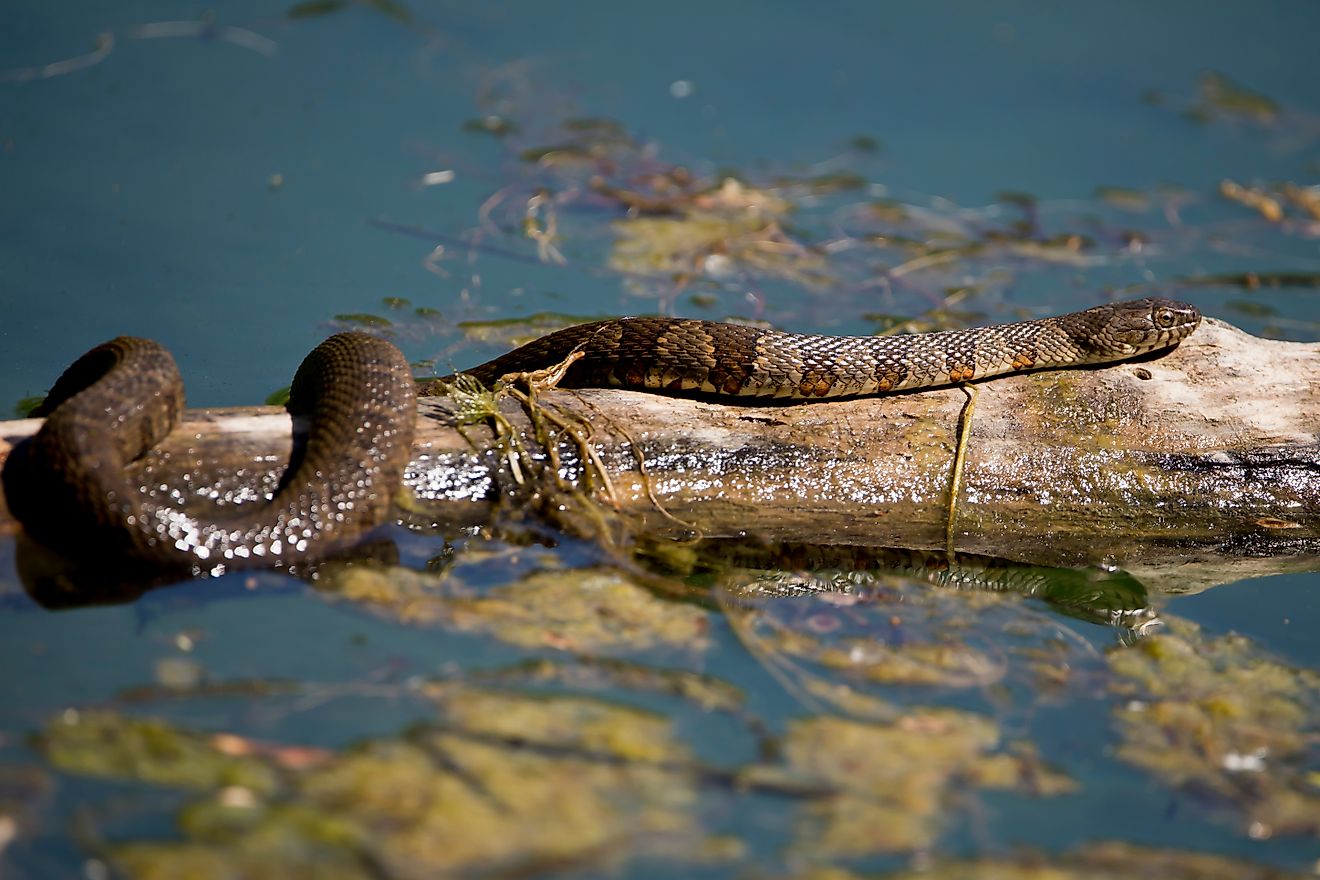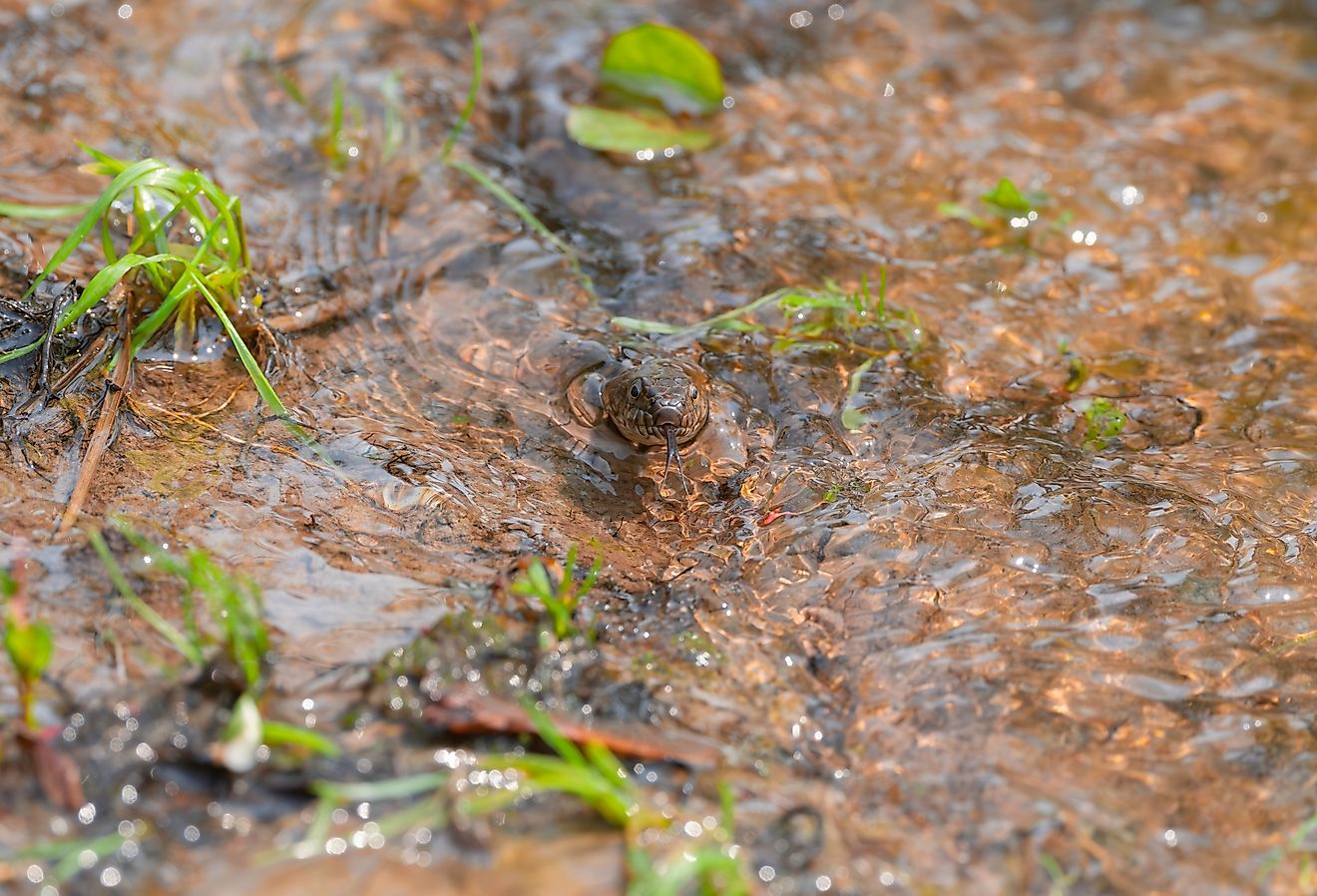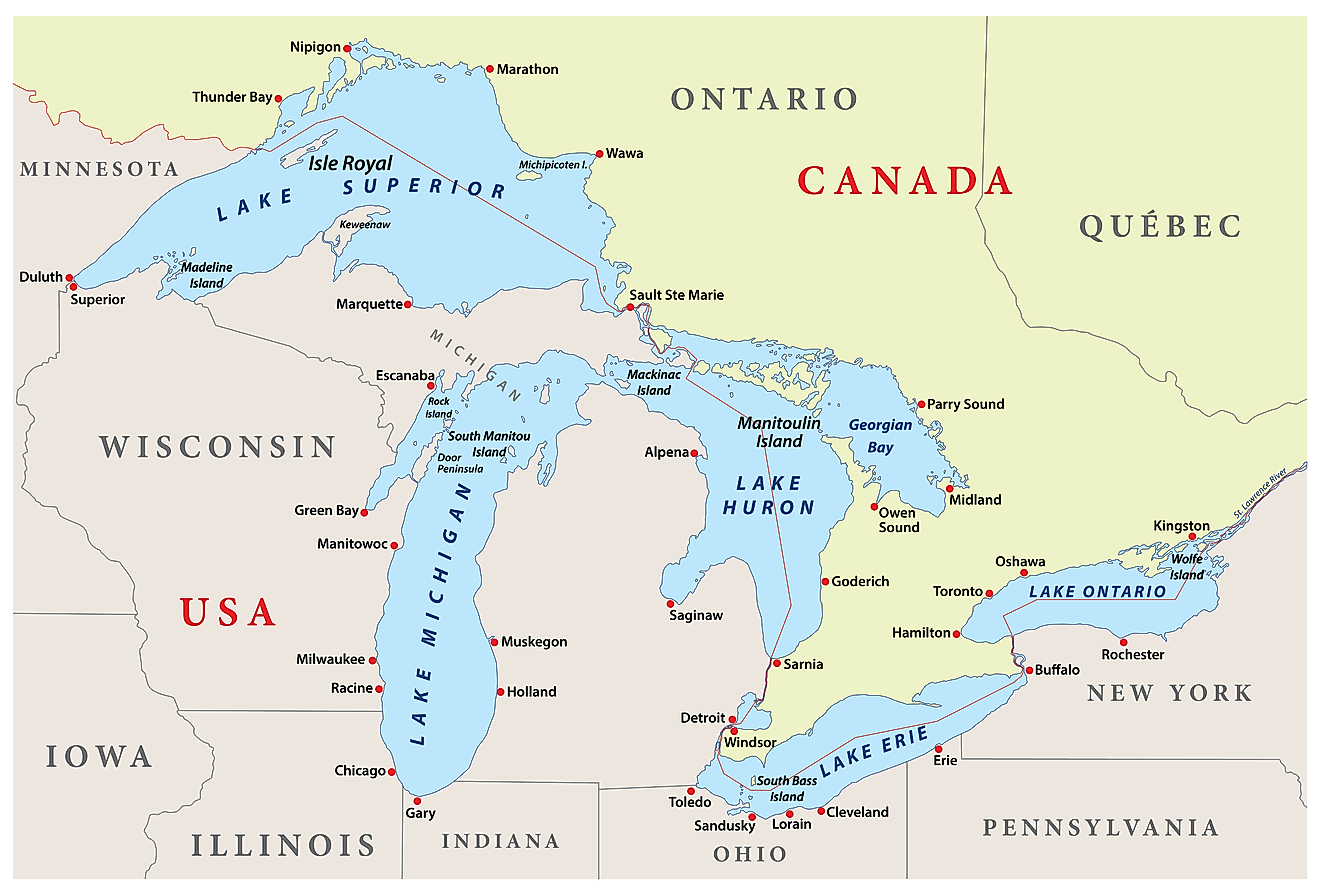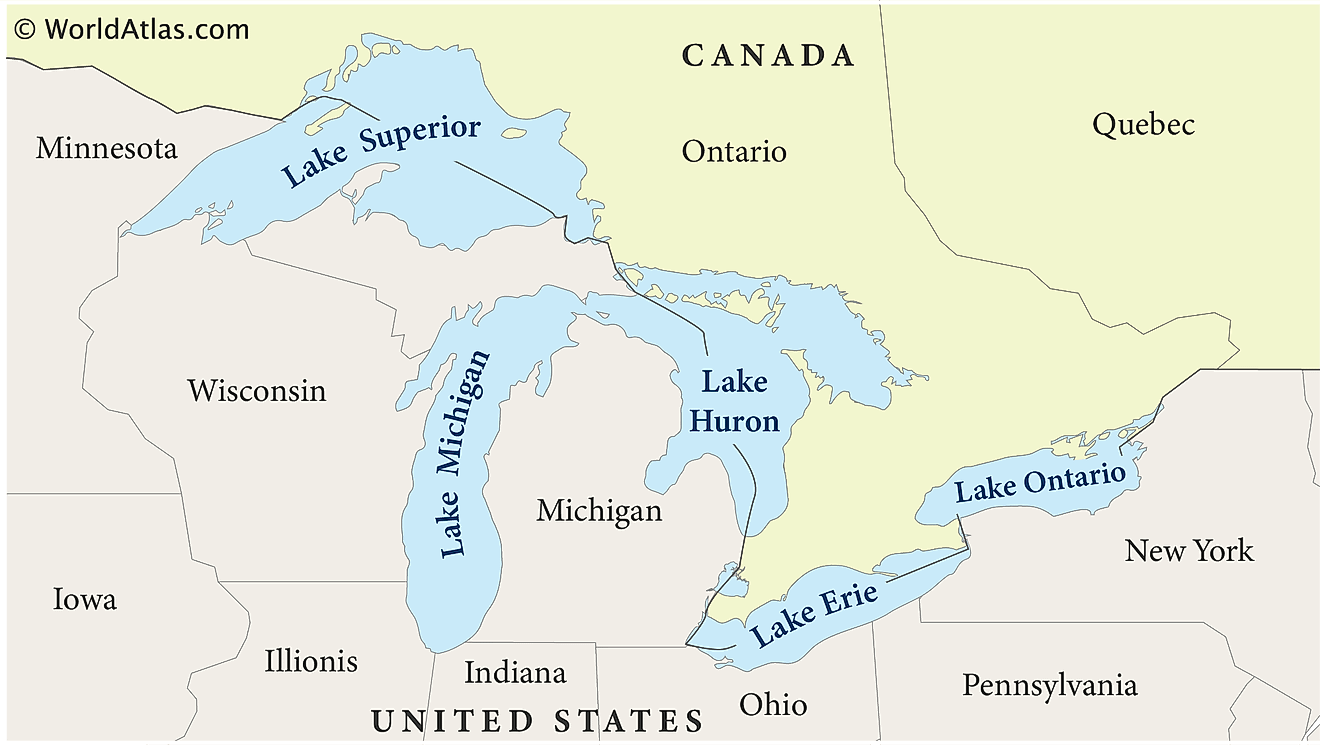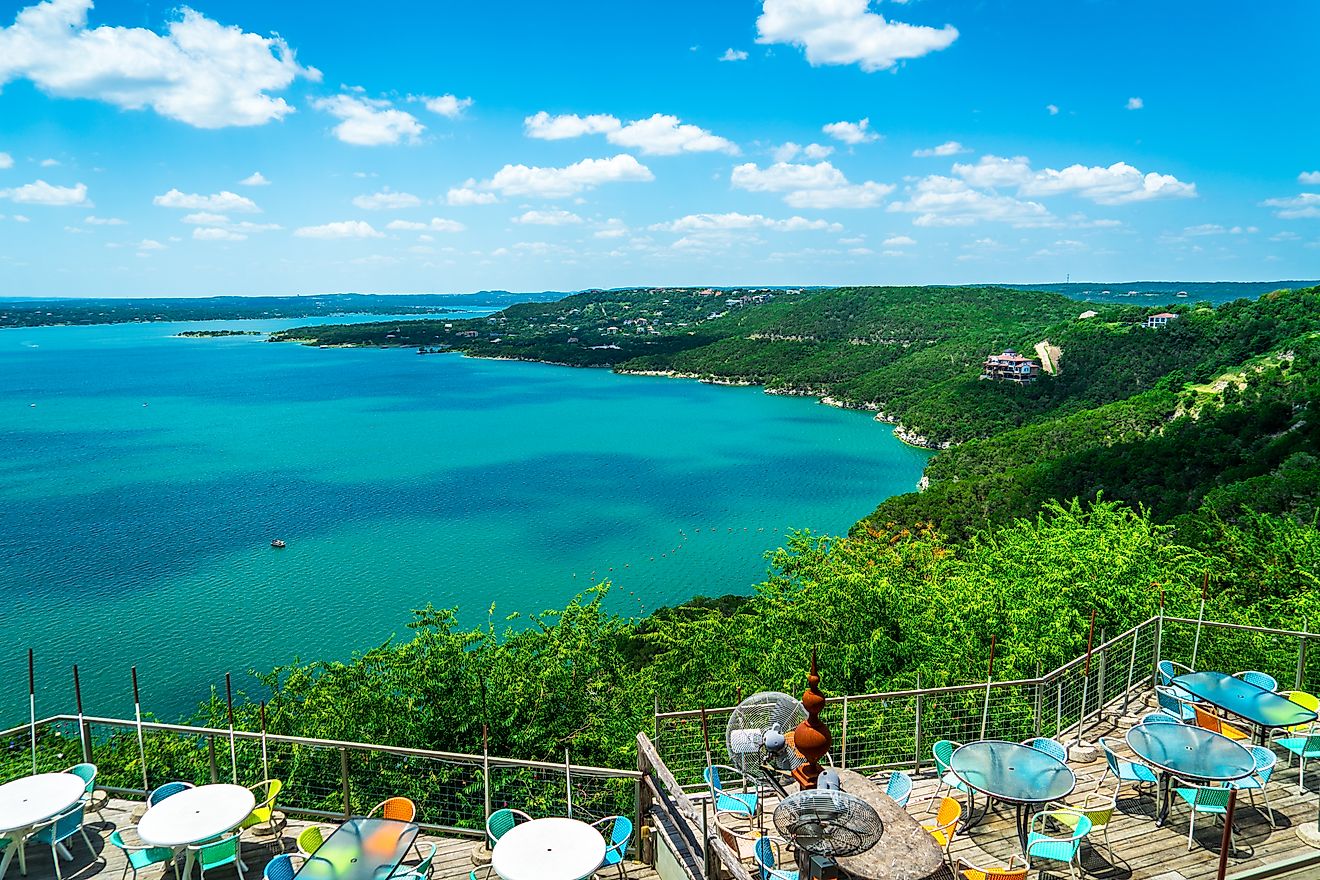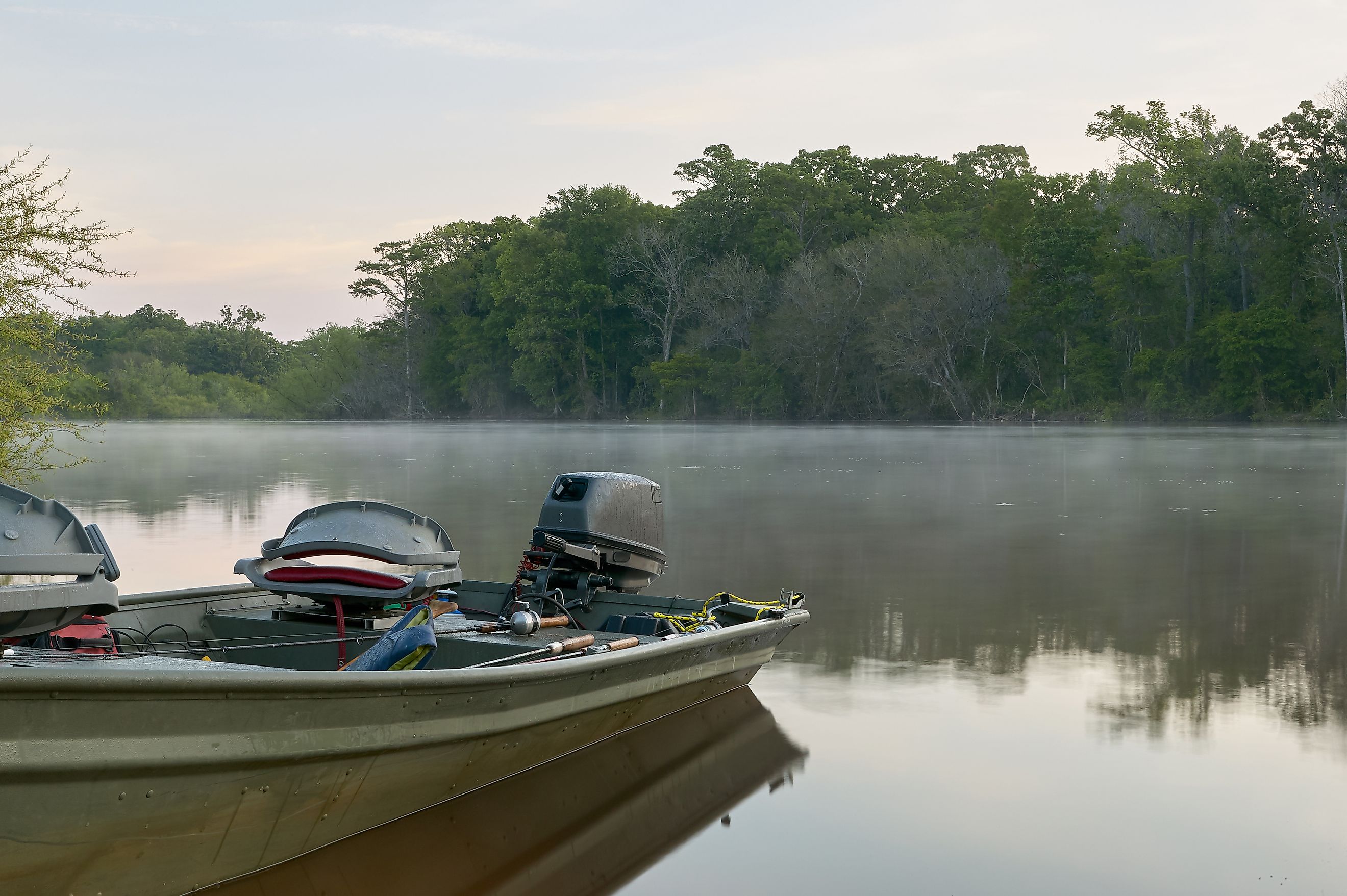
Altamaha River
The Altamaha River is a majestic waterway located in the southeastern United States. The river has been integral to the region's history and culture for thousands of years, serving as a vital transportation route for Native American tribes and, later, European settlers. Today, the Altamaha River plays an essential role in the region's ecology, supporting a diverse array of flora and fauna and industries such as agriculture, fishing, and tourism. The Altamaha River is a natural wonder that offers breathtaking beauty and natural wonders to explore.
Geography And Course Of The Altamaha River
The Altamaha River is located in the southeastern part of the United States, flowing through the state of Georgia. It is one of the largest rivers in Georgia and covers a distance of 137 miles before emptying into the Atlantic Ocean. The river has its source in the confluence of the Oconee and Ocmulgee Rivers, near the city of Lumber City. From there, it flows southeast through the coastal plain of Georgia, passing through several counties, including Jeff Davis, Montgomery, Tattnall, and Glynn.
The Altamaha River is unique because it is one of the few rivers in the United States that does not have any dams or impoundments along its entire course. This means the river is entirely free-flowing and has maintained its natural state over time. The river's lower reaches widen into a broad estuary as it nears the Atlantic Ocean, creating a delta that is home to a diverse array of plants and animals.
History Of Human Settlements Along The Altamaha River
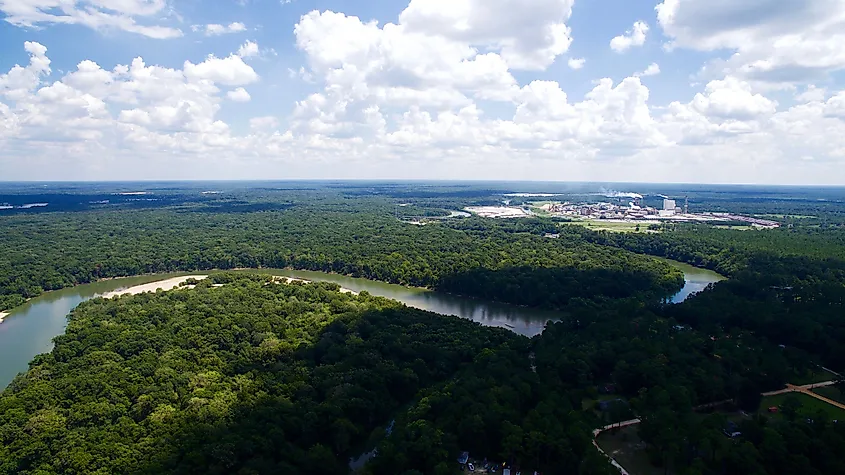
The Altamaha River has been integral to the region's history and culture for thousands of years. Archaeological evidence suggests that Native American tribes have lived along the river's banks for over 5,000 years. These tribes included the Muscogee Creek, the Yamasee, and the Guale, who used the river for transportation, fishing, and agriculture.
European settlers began to explore the Altamaha River in the 16th century, with the Spanish exploring the river in 1526. Later, British colonizers established several settlements along the river, including Darien, Sunbury, and Frederica. These settlements relied heavily on the river for transportation and commerce, as goods and supplies were transported up and down the river.
During the Civil War, the Altamaha River played a significant role in the conflict. Union forces attempted to seize control of the river in 1862, but Confederate troops successfully defended the river, preventing Union forces from advancing further into Georgia. The river also served as a significant transportation route for Confederate forces, who used it to move troops and supplies throughout the region.
Importance Of The Altamaha River
The Altamaha River plays a vital role in the ecological and economic health of the region. The river supports a diverse array of plant and animal life, including rare and endangered species such as the Atlantic sturgeon, the Altamaha spinymussel, and the eastern indigo snake. The river also provides essential habitat for migratory birds, including ospreys, bald eagles, and wood storks.
The Altamaha River is also a crucial source of water for the region. The river provides water for agriculture, industrial, and municipal uses, making it an essential resource for the region's economy. The river also supports a thriving fishing industry, with several commercial and recreational fish species found in its waters, including striped bass, red drum, and flounder.
Ecology Of The Altamaha River
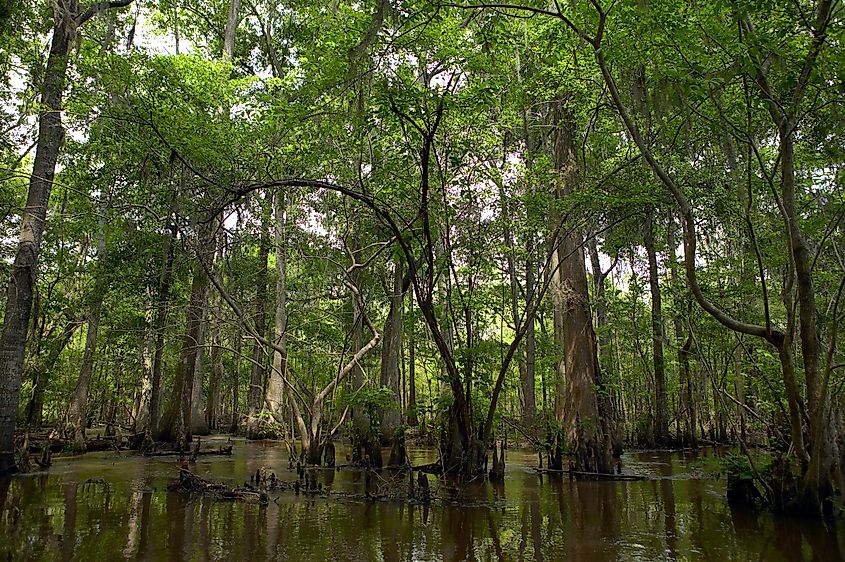
The Altamaha River is home to a diverse array of plant and animal life. The river's ecosystem includes over 100 species of fish, 54 species of freshwater mussels, and over 300 species of birds. The river also supports several endangered and threatened species, including the Atlantic sturgeon, the Altamaha spiny mussel, and the eastern indigo snake.
The Altamaha River also plays an important role in the migration of several bird species. The river's delta provides a stopover for migratory birds, including wood storks, egrets, herons, and ibises. The delta is also home to several nesting pairs of bald eagles, making it a popular destination for birdwatchers and wildlife enthusiasts.
Tourism On The Altamaha River
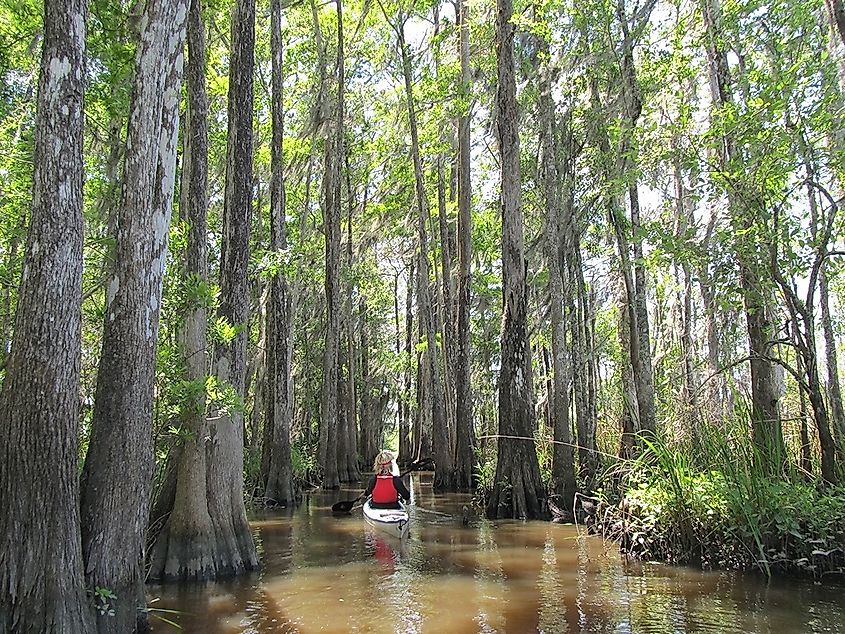
In addition to its ecological importance, the Altamaha River is also a popular destination for tourists and outdoor enthusiasts. The river is a popular spot for kayaking, canoeing, and fishing. Its clear waters and abundance of fish provide an excellent opportunity for visitors to enjoy some of the best outdoor recreations in the region.
One of the most popular ways to explore the Altamaha River is by taking a guided river tour. These tours typically take visitors on a journey down the river, providing an opportunity to see the river's stunning natural beauty up close. Along the way, visitors can spot some of the region's unique wildlife, including alligators, otters, and various bird species.
In conclusion, the Altamaha River is an extraordinary waterway that provides a vital source of life and energy for the southeastern United States. From its humble beginnings in the Oconee and Ocmulgee Rivers to its eventual meeting with the Atlantic Ocean, the Altamaha River is a beautiful and essential part of the region's history, culture, and future. So, if you ever find yourself in Georgia, make sure to take some time to explore the incredible natural wonder that is the Altamaha River!

